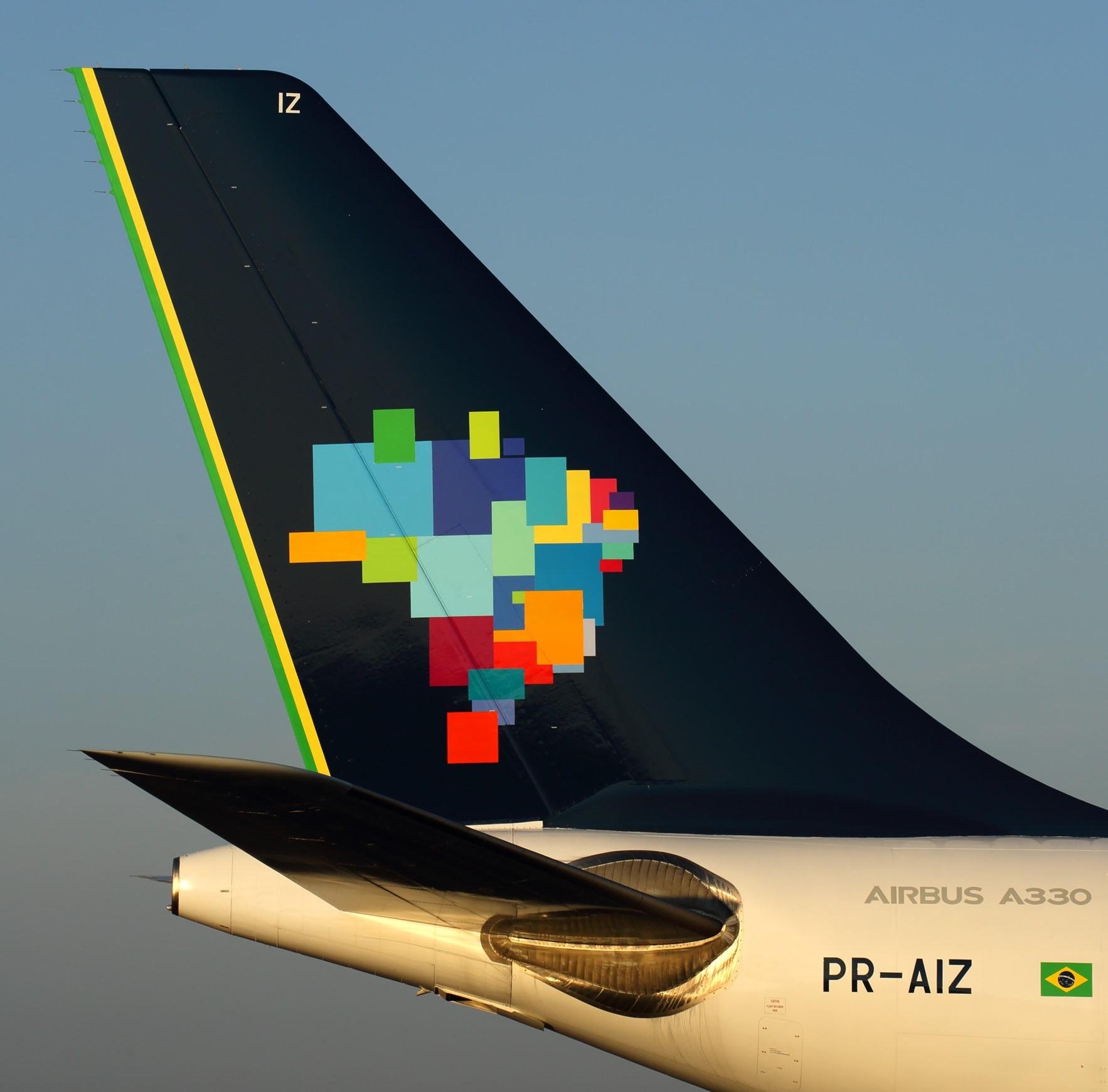
Credit: Rob Finlayson
DUBAI—The surge of litigation cases against airlines in Brazil is costing the industry a collective $200 million per year, pushing up airfares, damaging connectivity and stifling competition by discouraging new carriers from entering the market. That’s according to IATA regional vice president for...
Subscription Required
This content requires a subscription to one of the Aviation Week Intelligence Network (AWIN) bundles.
Schedule a demo today to find out how you can access this content and similar content related to your area of the global aviation industry.
Already an AWIN subscriber? Login
Did you know? Aviation Week has won top honors multiple times in the Jesse H. Neal National Business Journalism Awards, the business-to-business media equivalent of the Pulitzer Prizes.





